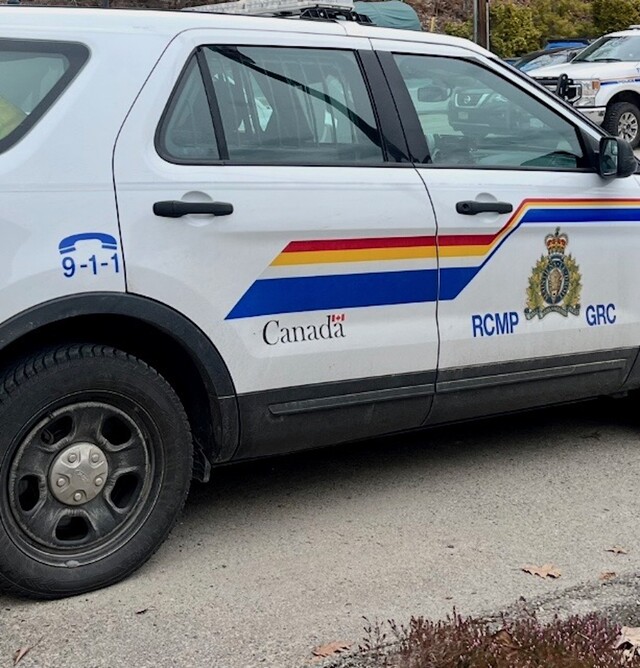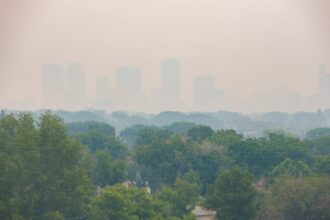The quiet streets of Trail, British Columbia are telling a troubling story through police statistics. Mental health-related police calls have surged dramatically in recent months, highlighting a growing crisis that local authorities are scrambling to address.
According to newly released second-quarter statistics from the Trail RCMP detachment, officers responded to 102 mental health calls between April and June of this year—marking a significant 54 percent increase compared to the same period in 2022. This alarming trend comes amid broader concerns about mental health services accessibility in smaller communities across Canada.
“What we’re witnessing in Trail isn’t isolated,” explains Staff Sergeant Janelle Shoihet of the Trail RCMP. “The data reflects a pattern we’re seeing in communities throughout British Columbia, where frontline officers are increasingly becoming the first responders to mental health crises.”
The spike in mental health calls coincides with a troubling 28 percent increase in overall calls for service, with Trail RCMP responding to 2,102 incidents during the quarter. Police officials note that this rising demand is stretching resources thin at a time when comprehensive mental health interventions are most needed.
Mental health advocates point to several contributing factors behind the surge, including lingering pandemic-related isolation, economic pressures affecting the region, and gaps in available mental health resources. The shortage of psychiatric professionals and support services in smaller communities like Trail has left police handling situations they aren’t primarily trained to address.
The Trail detachment has implemented crisis intervention training for officers to better equip them for mental health calls, but RCMP officials emphasize that policing alone cannot solve what is fundamentally a healthcare issue.
Local resident Sarah Johansen, who works with a community support group, notes the real-world impact: “We’re seeing people in crisis with nowhere to turn except calling 911. The officers do their best, but what many of these individuals need is specialized mental health care, not police intervention.”
The increase in mental health calls parallels a concerning rise in drug toxicity incidents. Trail RCMP responded to 26 overdose calls during the quarter, underscoring the complex relationship between substance use and mental health challenges in the community.
City officials have pledged to work with provincial health authorities to expand resources, but implementation remains slow. Meanwhile, local police continue to adapt their approaches while advocating for more comprehensive community-based solutions.
As communities across British Columbia grapple with similar challenges, the situation in Trail raises critical questions about mental healthcare accessibility in rural Canada. How can smaller communities develop sustainable mental health infrastructure that reduces reliance on emergency services while providing timely intervention for those in crisis?

























